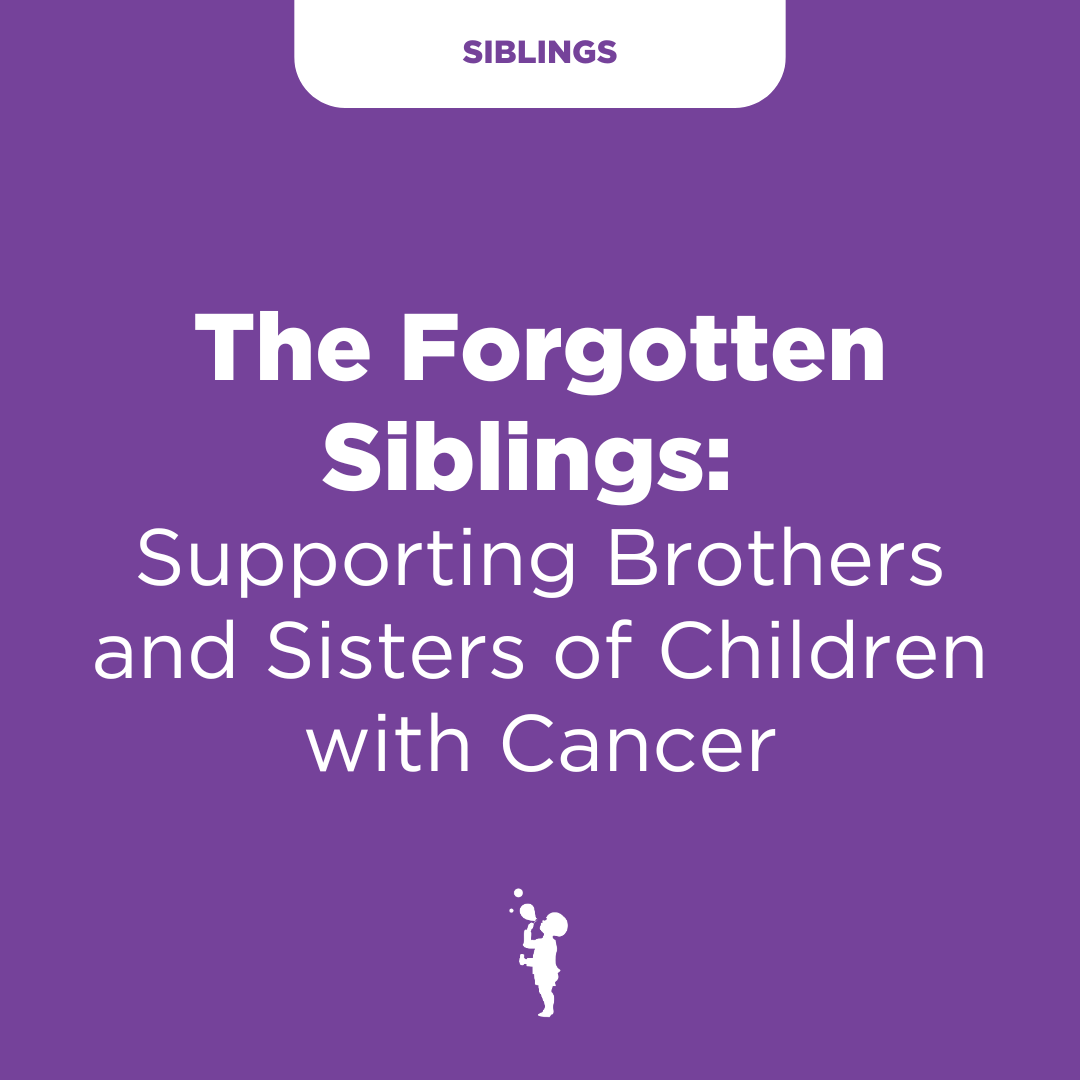How Counseling Helps Children and Families Facing Childhood Cancer
When a child is diagnosed with cancer, life shifts in an instant. Families are suddenly navigating a whirlwind of medical decisions, hospital stays, and emotional upheaval.
But the impact of pediatric cancer extends far beyond the physical—it affects the emotional and psychological well-being of the entire family.
In these moments, mental health counseling becomes a vital part of care, offering a safe space to process emotions, strengthen family connections, and build resilience for the road ahead.
.png)
Let’s explore how counseling supports children and families through the challenges of diagnosis:
1. Emotional Toll of the Diagnosis:
A pediatric cancer diagnosis brings intense emotions for both the child and their family. Feelings of fear, sadness, anger, confusion, and grief are common. Mental health therapy provides a safe space for individuals to process these feelings and learn healthy ways to cope with the uncertainty and distress.
2. Trauma and Anxiety:
Cancer treatment often involves long, invasive medical procedures, hospital stays, and a disrupted daily routine. This can be traumatic, leading to anxiety and post-traumatic stress disorder (PTSD). Therapy can help children and families manage these symptoms and reduce long-term emotional impacts.
3. Impact on Family Dynamics:
The stress of a child’s cancer diagnosis often affects the whole family. Parents may experience feelings of guilt, fear, and helplessness, while siblings may struggle with feelings of neglect or confusion. Family therapy can improve communication, address emotional needs, and support the entire family in navigating the challenges together.
4. Coping with Uncertainty and Change:
Pediatric cancer patients may face long-term health uncertainty, changes in physical appearance (like hair loss), or the inability to participate in activities they once enjoyed. Therapy helps both the child and their family adapt to these changes and build resilience in the face of ongoing challenges.
5. Social Isolation and Peer Support:
Cancer treatments and hospital stays can lead to social isolation for both the child and their family. Children may miss school, extracurricular activities, or playdates. Therapy can help them navigate these feelings of loneliness and provide strategies for reconnecting with their peers or making new social connections in ways that feel comfortable.
6. Long-Term Emotional Well-being:
The experience of having cancer can shape a child's emotional well-being well into adulthood. Therapy can provide support for processing the experience, managing any long-term psychological challenges, and promoting healthy emotional development as they transition into adulthood.
7. Improved Coping Skills:
Therapy offers children and families tools to manage stress, anxiety, and depression. It also helps children build resilience and improve their emotional regulation, so they can better navigate the ups and downs of their treatment journey.
Conclusion
By addressing these emotional and psychological needs, mental health therapy not only helps children and families cope with the immediate stresses of a cancer diagnosis but also promotes long-term healing and well-being.
The Austin Hatcher Foundation provides free, lifetime therapy for pediatric cancer families. If you or a family member is facing a childhood cancer diagnosis, request an appointment here.




.png)
